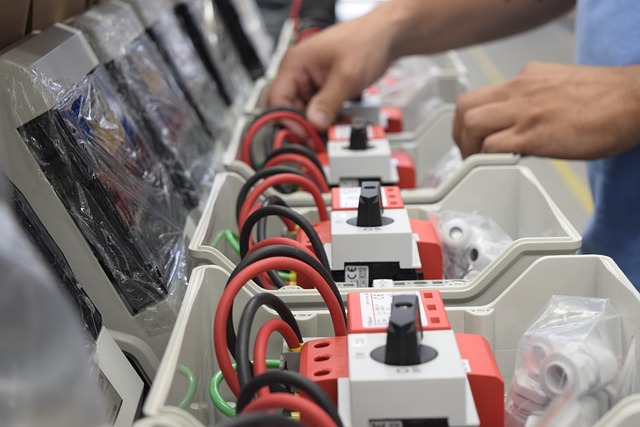In the 2022-23 Top Ten Issues Affecting Real Estate report by the Counselors of Real Estate, labor shortage strain is listed as number six.
The events of the past years, coupled with skyrocketing property prices and the ongoing Great Resignation, have left the CRE industry grappling with a severe labor shortage that is affecting all aspects of the sector.
Luckily, some emerging technologies seem to have come to the rescue. Automation, AI, blockchain, and PropTech are now used to offset the impact of the pressing labor shortage – but they are also bound to change the industry forever.
Here’s how.
Automation is Streamlining Labor-Intensive Processes
Automation in the real estate industry takes many forms. Thanks to automation, property managers can now partially automate compliance and inspections. Similar technologies also help marketing experts minimize labor-intensive advertising tasks and assist real estate brokers during highly complex CRE transactions.
Thanks to the growing levels of automation in the industry, the commercial real estate sector can shed off the significant costs associated with labor and minimize the chances of human error. At the same time, trained talents able to manage automation software and machine learning algorithms are more in-demand than ever.
PropTech is Changing the CRE Job Market
While new property technologies (PropTech) are helping the CRE industry better cope with the worsening labor shortage, these same technologies are also drastically changing the job market within the real estate industry.
According to 2020 industry surveys, over three-quarters of CRE executives believe that automation will eliminate some of the job roles and positions that exist today.
On the other hand, However, nearly the same percentage of executives also believe that automation will create new jobs and allow employees to focus their energy on higher-value tasks.
CRE Software is Streamlining Property Development and Management
Without trained and certified professionals, developing and managing commercial real estate properties has become a significant challenge for businesses in the industry.
Luckily, ad hoc software and platforms such as northspyre.com can now offer significant benefits to CRE companies, including:
- Reducing the time and labor required for resource-intensive tasks and processes (i.e.: reporting and compliance)
- Delivering more organized and accurate data in real time, which supports better decision-making
- Reporting market insights and intelligence, which can encourage more proactive business decisions
- Reducing misleading data and human error
CRE software can range from general to specific. For example, software like Lodgable, a cloud-based property management platform, specifically works with vacation rentals.
VR and AR Support New Home-Buying Processes
Although real estate agencies and brokerage firms have been among the least impacted fields in the CRE industry, the buyer confidence level is at an all-time low. While this trend is mostly due to the record-breaking house prices and the financial hardships of the past years, it can significantly impact all other aspects of the real estate industry.
However, new technologies are playing a crucial role in designing a more modern and efficient property-buying process, which is customer-centered and backed by data.
Solutions such as Virtual Reality and Augmented reality can help buyers visualize the finished product at all stages of the construction process and gain confidence in their investment. In turn, off-plan purchases can help developers and designers gain access to essential funds during the construction process.
Blockchain Technology is Changing the World of CRE Transactions
Property transactions are among the most resource-intensive and time-consuming aspects of the real estate industry. And, more importantly, they involve a wide range of thor-parties, including appraisers, legal teams, and lenders.
Thanks to emerging solutions such as NFTs, Cryptocurrency, Smart Contracts – and their underlying blockchain technology – property transactions will soon be able to be completed in short timeframes and without the need for additional parties besides the buyer and the seller.
InsurTech and AI Facilitate Data-Driven Loan Modeling
Without the need to connect to an insurer, new AI-powered InsurTech platforms are helping buyers access the funds needed to complete a CRE deal within minutes. What’s more, these platforms operate using large datasets and are able to reduce the risk related to human error and mistakes.
While most of these technologies are still in their infancy, they have already proven their potential to drastically change the industry and assist with issues such as labor shortages.







